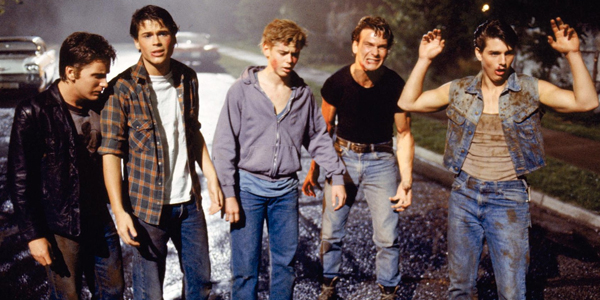Women in Film: Empowering Female Characters and Filmmakers
Introduction
In recent years, the landscape of the film industry has been gradually transforming, with increasing attention being paid to the representation of women both in front of and behind the camera. The portrayal of strong, complex, and empowered female characters has become a focal point, reflecting the broader push for gender equality in the media. This article explores the significance of empowering women in film, highlighting the impact of well-developed female characters and the contributions of female filmmakers.
The Power of Representation
Media, including films, has a profound impact on shaping societal norms and values. For decades, the film industry predominantly featured one-dimensional female characters who often served as mere plot devices or love interests for male protagonists. However, the tide has been shifting, and audiences are now demanding more authentic and diverse representations of women on screen.
Empowering female characters are crucial because they challenge traditional stereotypes and offer viewers relatable role models. Characters like Katniss Everdeen from “The Hunger Games” or Wonder Woman in the DC Extended Universe serve as symbols of strength, resilience, and independence. These characters not only captivate audiences but also inspire them, fostering a sense of empowerment and self-confidence, particularly among young girls.
Furthermore, empowering female characters help break down the barriers that have limited women’s opportunities in various fields. When women are depicted as leaders, adventurers, scientists, and warriors, it sends a powerful message that women can excel in any endeavor they choose. This can contribute to dismantling gender biases and encouraging women to pursue their aspirations without constraints.
The Rise of Female Filmmakers
Empowerment in film isn’t limited to on-screen representation. The involvement of women in the filmmaking process itself is equally crucial. Historically, the industry has been predominantly male-dominated, with women often relegated to supporting roles. However, there has been a notable surge in female filmmakers taking charge of their narratives and contributing their unique perspectives.
The success of directors like Ava DuVernay (“Selma,” “A Wrinkle in Time”) and Greta Gerwig (“Lady Bird,” “Little Women”) has showcased the talent and vision of female directors. Their work demonstrates that women can helm projects across genres, from socially impactful dramas to coming-of-age stories. These filmmakers bring fresh insights and authentic experiences to the screen, enriching the cinematic landscape.
Female filmmakers also play a pivotal role in shaping the portrayal of female characters. With a deep understanding of the complexities of women’s lives, they can bring nuance and depth to their characters. This collaborative approach between female directors and female actors leads to more authentic and resonant on-screen representations, contributing to a richer storytelling experience.
Challenges and Progress
Despite the progress made, challenges persist for women in the film industry. Gender disparities in terms of pay, opportunities, and recognition still exist. The “Bechdel Test,” a simple measure of gender representation in film, highlights that even in the 21st century, many movies fail to feature meaningful conversations between female characters.
Efforts to empower women in film include initiatives that promote gender equality both in front of and behind the camera. Film festivals dedicated to showcasing women’s work, mentorship programs, and organizations advocating for change have all played a role in fostering inclusivity. Additionally, the growing demand for diverse and inclusive content from audiences is prompting studios to reconsider their approaches, resulting in more opportunities for women in various roles within the industry.
Conclusion
Empowering women in film is a multi-faceted endeavor that involves both the stories told on screen and the voices shaping those narratives. The evolution of female characters from passive tropes to strong, independent figures reflects the changing attitudes toward gender roles. Simultaneously, the rise of female filmmakers is reshaping the industry by offering fresh perspectives and more inclusive storytelling.
As audiences continue to champion empowering female characters and filmmakers, the film industry has the potential to become a driving force in promoting gender equality and dismantling harmful stereotypes. By celebrating the achievements and contributions of women in film, we pave the way for a more inclusive, representative, and empowering cinematic landscape for all.




